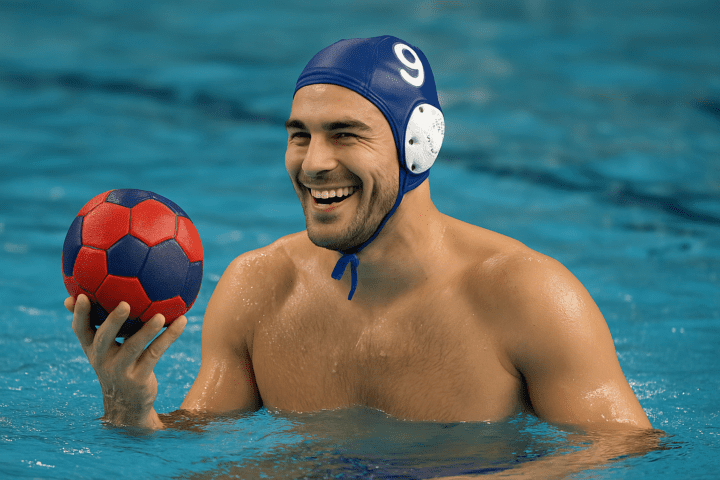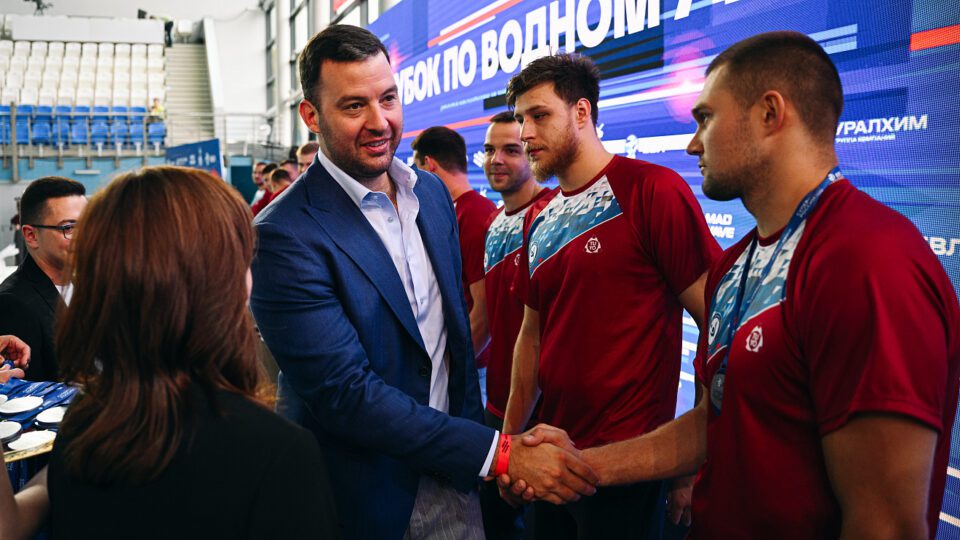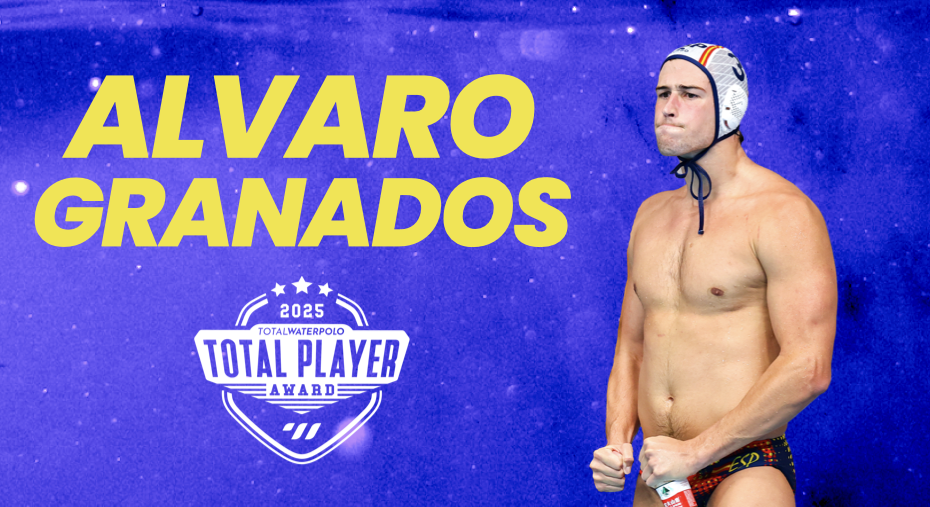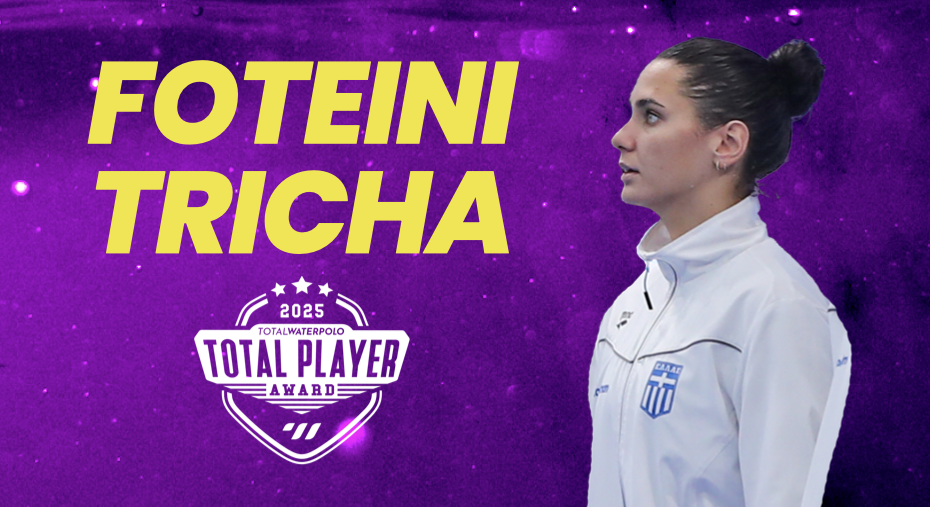In a stunning twist of scheduling drama, European Aquatics has officially announced that the 2026 European Water Polo Championships will take place from January 10 to 25—smack in the middle of the long-established dates for the European Men’s Handball Championship.
January has long been sacred territory for handball—prime-time TV slots, packed indoor arenas, and millions of passionate fans across Europe. But now, with water polo jumping into the same window, executives are scrambling to protect ratings, media visibility, and sponsor attention. Sources close to the European Handball Federation (EHF) say that mild surprise has rapidly escalated into strategic meetings, emergency phone calls, and full-blown calendar chaos.
“We’ve had these dates confirmed for years,” a senior EHF official said under condition of anonymity. “To suddenly share the stage with another major European championship was not something we expected.”
Now, with water polo stepping into the exact same timeframe, the established balance is under pressure. Although handball still commands a larger mainstream following, water polo has made massive strides in modernization in recent years, implementing occasional presence of live commentary during matches or leaving behind a nostalgic 480px grain in the streams.
But perhaps the most daring frontier water polo continues to push is in the interpretation of rules. Fans are increasingly impressed by the sport’s choose-your-own-adventure approach to regulations, where different competitions follow entirely different rulebooks—sometimes without telling anyone in advance.
This flexible approach, though confusing to casual viewers, has created a passionate subculture of rule-sleuths and whistle theorists, who enjoy nothing more than guessing how exclusions, penalty shots, and timeouts will be interpreted on any given day. It’s this unique cocktail of unpredictability, grainy visuals, and mid-match discoveries that has turned water polo into the dark horse disruptor of the January sports calendar—and possibly the most unintentionally entertaining viewing experience in European sport.
EHF could face serious losses
The timing couldn’t be worse for EHF. With media rights contracts for the 2026 cycle entering final stages, EHF executives are suddenly facing difficult questions from sponsors and broadcasters. Marketing departments, once confident in handball’s undisputed dominance of the post-holiday sports calendar, are now being asked to justify exposure numbers in a suddenly crowded field.
There’s no immediate risk of water polo overtaking handball in viewership or media relevance—but that’s not the point. What’s troubling for the EHF is that clarity and exclusivity are being replaced by unpredictability. Brands that expected wall-to-wall handball coverage across Europe in January may now see split attention, divided engagement, and diluted value.
Broadcasters, particularly in countries where both sports carry strong followings—Hungary, Croatia, France, Spain—now face internal debates about programming priorities. Handball may be the safer bet in terms of numbers, but water polo can always change some rules to bring the necessary excitement.
Even the legends are speaking up. French handball icon Nikola Karabatić expressed cautious concern:
“We’ve built the Handball EURO as a January tradition for decades. And now water polo suddenly appeared in the same window… it changes everything.”
Sharing the stage
After years of streamlined formats, rising commercial momentum, and a clear January spotlight, handball suddenly finds itself… sharing.
For a federation that prides itself on structure, planning, and predictability, the biggest blow might not be financial—but psychological. Because when your slightly chaotic, underdog neighbour shows up to your perfectly planned party uninvited—wearing swim trunks and sunglasses—it doesn’t matter who has more guests. It matters who everyone’s talking about.
And for the EHF, that might just be the most painful loss of all.






